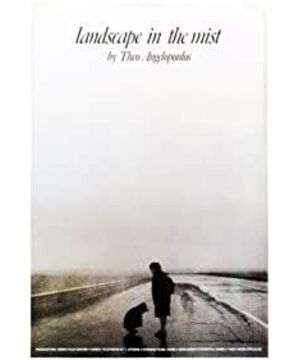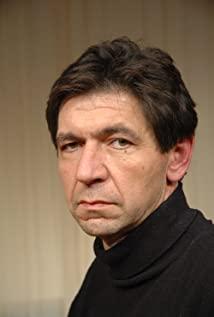In this film, the cruelty and morbidity of society emerges calmly. Angelopoulos does not criticize the trend of people's reluctance to look back on history and abandon idealism in reality, but to rely on the protagonist's emotional Lost and confused, expressing deep dissatisfaction and helplessness. He makes the protagonist of the film on a journey of wandering and searching. Their journey is to discover, and the end of discovery is even more hopeless, only to fall into the double exile of inner and outer. It is in the prophetic story that Angelopoulos permeates all the realities of contemporary Greeks with his worried gaze. His allegorical scenes, even if expanded, are not lacking in sincerity.
This film is Angelopoulos' ninth film and part of the "Silence Trilogy". Just like his inherent style, the long shots of the "characters in the landscape" in the film are sentimental and poetic, overflowing with simple aesthetic concepts and free spirit.
View more about Landscape in the Mist reviews









